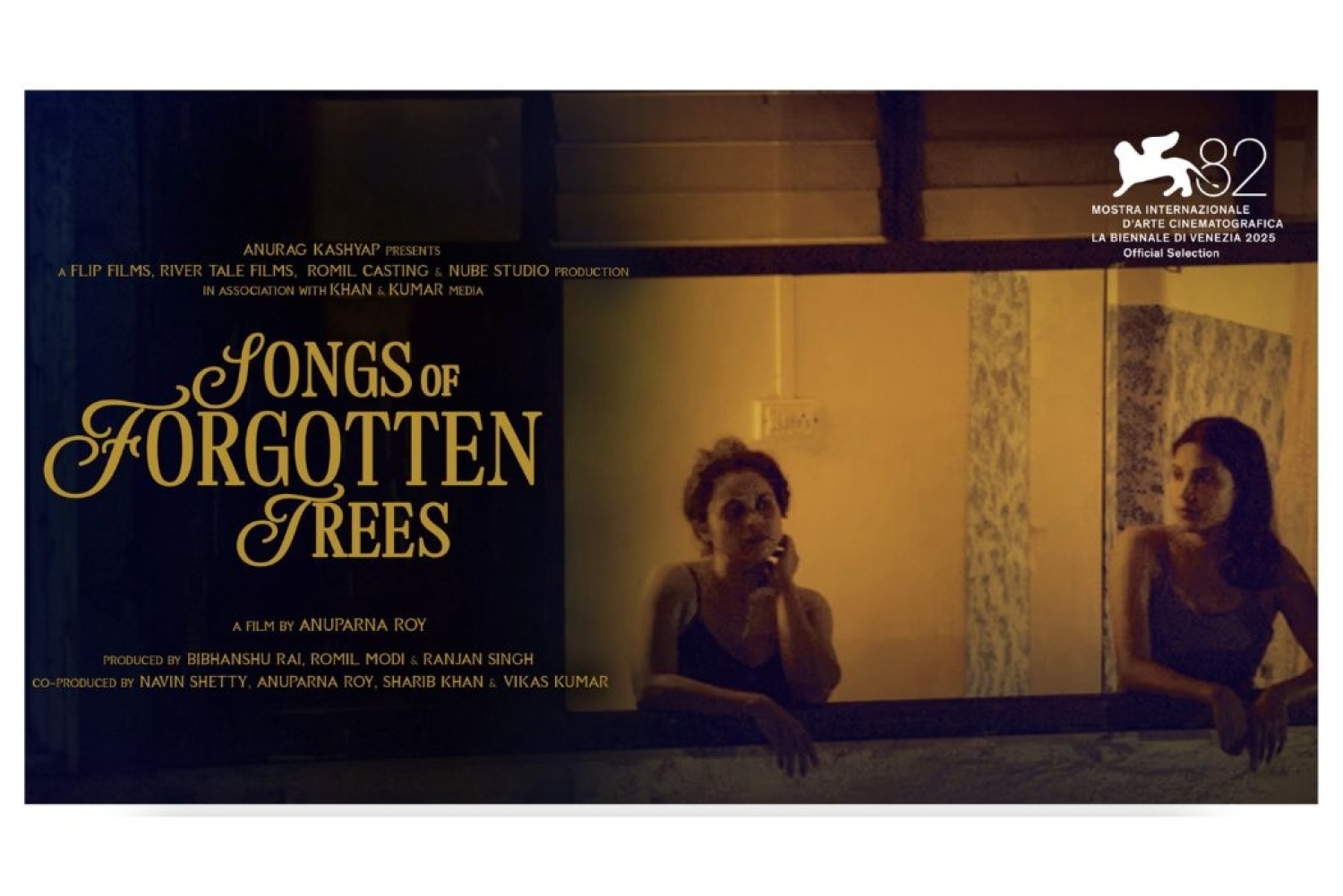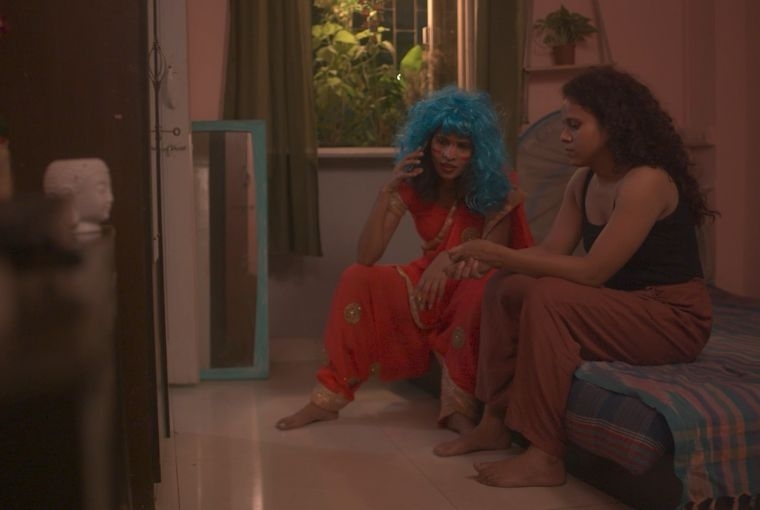

Anuparna Roy grew up in Narayanpur, a small village in Purulia, West Bengal, in a traditional middle-class household where a girl’s life was shaped by rigid social norms. In her family, filmmaking was unimaginable as a profession. Her father, a PSU engineer, wanted her to have more academic aspirations, but she chose English literature despite strong opposition.
Her romance with cinema was inspired by her mother, who introduced her to Bengali films, including Satyajit Ray, and by an uncle with a camera whose hobby made her curious. After graduating in British English Literature, she moved to Delhi to study journalism, mistakenly believing it linked to cinema. Anuparna bypassed film school, worked odd jobs, saved whatever she could, and returned to her village to shoot a personal story which was her first short.
Now her debut feature, Songs of Forgotten Trees, got her the Best Director Award in Orizzonti Section at the prestigious Venice Film Festival, giving a new voice to stories rarely seen on screen. Anuparna’s films offer rare voices from marginalized communities and challenge mainstream cinema to see beyond surface narratives, making her a compelling filmmaker to watch out for.

‘My first story came from my grandmother.’
‘My grandmother used to tell me stories about rivers; how pure the water was, how beautiful it was, but she had never seen one. I was about seven or eight when she told me these stories. After her death, I learned her body was taken to a river, the first time she ever “saw” it.’
Inspired by this, Anuparna set the film in the 1930s, creating a fictional tale of a girl forbidden from crossing her village boundary to see a river. ‘I come from an upper-caste family, but I chose to show a Dalit family instead, to avoid romanticizing privilege.’
Shot in her native village of Napara with a crew of young friends from a film school, the project was made possible through Anuparna’s savings from call centre and other odd jobs.
‘My films will always be about women.’
‘My first film was about a little girl, the second, Songs of Forgotten Trees, is also about two women and their platonic relationship.’
For her debut feature, the inspiration came from a childhood friend, with whom she abruptly stopped talking when her father disapproved of her caste. ‘She left school, got married, and moved away. Years later, I learned about government schemes funding young Dalit girls’ marriages. It disturbed me deeply. I am from a third-world country so I have to talk about third-world cinema. Gender discrimination starts in our schools. I remember once in school, girls got toys but boys got books which said a lot. I can’t ignore all of what we’ve been through and write a privileged love story.’
‘My film follows two women living in the same apartment. I tell the story of an Assamese woman who is a prostitute and stays in a sugar daddy’s apartment. She rents out her hall to a North Indian girl, and over time, the two develop a connection. Within that shared space, I explore the everyday activities of the prostitute character. Through her therapy sessions, she reveals the emotional turmoil she goes through and begins to speak about a lost friend, inspired by my childhood friend. In the film, I also address deeper issues such as caste and gender discrimination.’

The Making of Films Against All Odds
Without formal film school training, Anuparna learned through friends in films and immersed herself completely in the production process. She made both her films with limited resources, self-funded by her earnings. She shot in her own rented apartment without many people knowing and a crew that only worked with her out of goodwill.
‘Breaking the Male Gaze’
In Songs of Forgotten Trees, Anuparna made a deliberate decision to flip conventional portrayals of nudity. ‘When you show a prostitute in cinema, the first image is of her being naked, not her clients. I didn’t want to show a naked woman. I showed a naked man instead, to destroy the male gaze.’

Credits: Laurent Koffel
New Stories from British Bengal
Currently, Anuparna is working on a new project titled British Bengal, set between 1915 and 1930, focusing on two women’s survival during the tumultuous times of World War I and famine in Bengal. True to her commitment, the story promises to continue exploring themes of womanhood, resilience, and socio-political history through personal survival narratives.
This article is from our September EZ. Read the EZ here.
Words Hansika Lohani
Date 15-9-2025